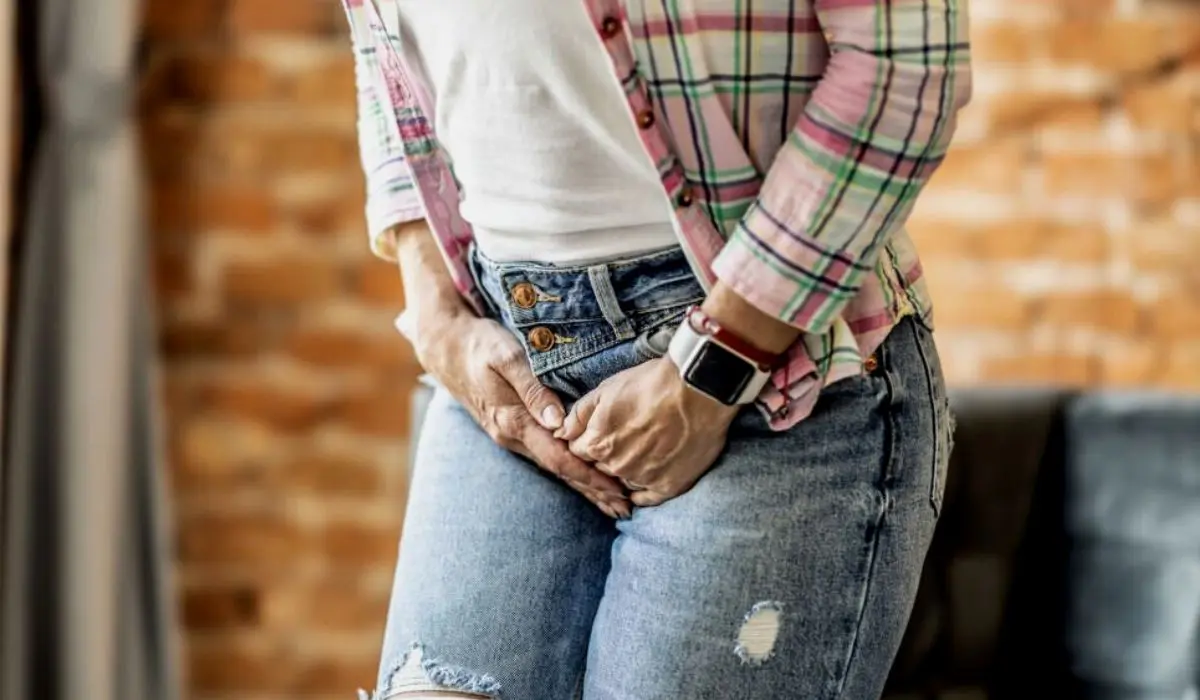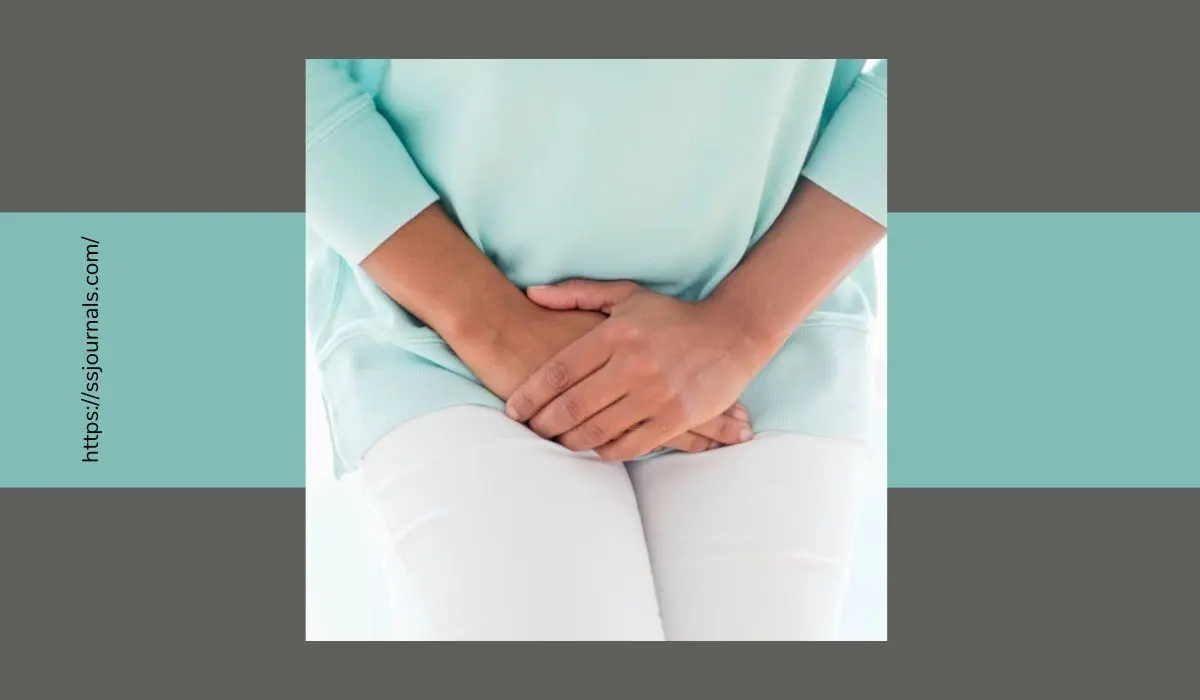Kidney stones are hard deposits of minerals and salt that form inside the kidneys. These stones can travel through the urinary tract, obstructing urine flow and causing pain and complications.
In this article, we will discuss what kidney stones are, the symptoms they cause, how they affect urination, the causes, prevention methods, precautions, and frequently asked questions.
What Are Kidney Stones?
Kidney stones, also called renal calculi, are small crystalline masses made up of calcium, uric acid, cystine, or other minerals in the urine. They can originate anywhere in the urinary system including the kidneys, ureters, or bladder.

Stones vary in size, from microscopic to as large as a golf ball. Most pass through the urinary tract on their own, but larger ones may get stuck and block urine flow.
Symptoms Of Kidney Stones
Common signs and symptoms of kidney stones include:
- Severe pain in the back, abdomen, or groin
- Painful urination
- Urgent need to urinate frequently
- Blood in the urine
- Cloudy, foul-smelling urine
- Nausea, vomiting
- Fever and chills if there is an infection
- Inability to urinate if stone blocks urine flow
Causes Of Kidney Stones
Affecting Urine Kidney stones develop when urine becomes too concentrated, allowing minerals to crystalize and stick together. Causes include:
- Dehydration – inadequate fluid intake
- Diet high in oxalates, sodium, or protein
- Obesity
- Certain medications like diuretics or calcium antacids
- Underactive parathyroid glands
- Chronic kidney disease
- Urinary tract infections
- Metabolic disorders increase mineral levels in urine
- Family history of stones
How Does It Impact Your Urination?
Kidney stones irritate the urinary tract and can cause several urinary symptoms:
- Frequent and urgent need to urinate
- Pain, burning, or discomfort when urinating
- Difficulty urinating or inability to pass urine
- Decreased urine output
- Pink, red, or brown urine from the blood
- Cloudy, foul-smelling, or strongly colored urine
- Incontinence
Small stones may pass down the ureters into the bladder and get expelled out with urine. Larger stones can obstruct urine flow leading to kidney damage.
Prevention Methods To Avoid Kidney Stones
Prevent kidney stones by:
- Drinking 3-4 liters of fluid daily, especially water
- Limiting sodium, oxalate, and protein intake
- Eating less processed, sugary, or fatty foods
- Getting adequate calcium from diet or supplements
- Taking medication to prevent stones if at high risk
- Managing medical conditions like diabetes, hyperparathyroidism
Precautions
See a doctor immediately if you have:
- Fever, chills, or vomiting
- Inability to urinate
- Severe pain that doesn’t improve
- Very dark urine
- Follow up regularly if you have a history of stones
- Get prompt treatment to prevent kidney damage
Read More:- What Vitamins Are Good For Liver Health? Best Vitamins Revealed!
Conclusion
Kidney stones commonly cause urinary symptoms like pain, trouble urinating, blood in the urine, or stones visible in the toilet. Small stones may pass naturally in urine. Prevent recurrence through dietary changes and adequate hydration.
Seek medical attention for large stones, as they can obstruct urine flow leading to serious complications. Stay vigilant about preventive care if you have a history of kidney stones.
FAQs
Q: Are kidney stones life-threatening?
A: Most kidney stones do not cause permanent damage if treated promptly. However, very large stones or untreated UTIs can potentially be life-threatening by causing kidney injury or sepsis.
Q: How long does it take to pass a 5mm kidney stone?
A: A 5mm kidney stone may take 4-6 weeks to pass naturally. Larger stones over 5mm often require surgical procedures for removal. Drink lots of fluids to help pass the stone.
Q: What is the fastest way to get rid of kidney stones?
A: Small stones under 5mm may pass on their own with pain management at home. Larger stones usually require procedures like shock wave lithotripsy, ureteroscopy or percutaneous nephrolithotomy for fastest removal.
Q: How do you flush out kidney stones?
A: Drink at least 3-4 liters of water daily. Take diuretics or alpha-blockers to relax ureters if prescribed. Pain relievers can ease discomfort. Physical activity may help pass the stone faster. Avoid calcium supplements.
Q: Can kidney stones cause permanent kidney damage?
A: If untreated, large stones can obstruct urine flow and lead to kidney damage or infection. Most kidney function is restored once the stone passes or is removed. Follow up regularly to monitor for damage.

